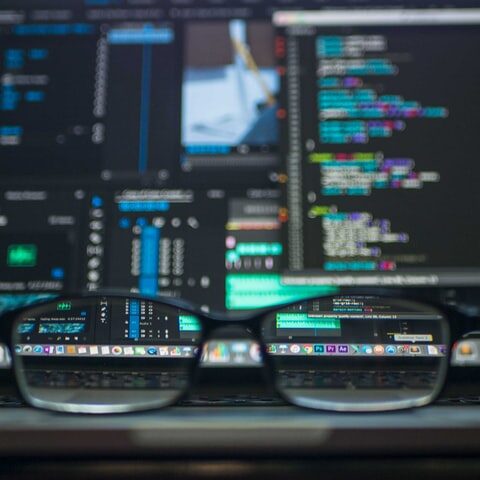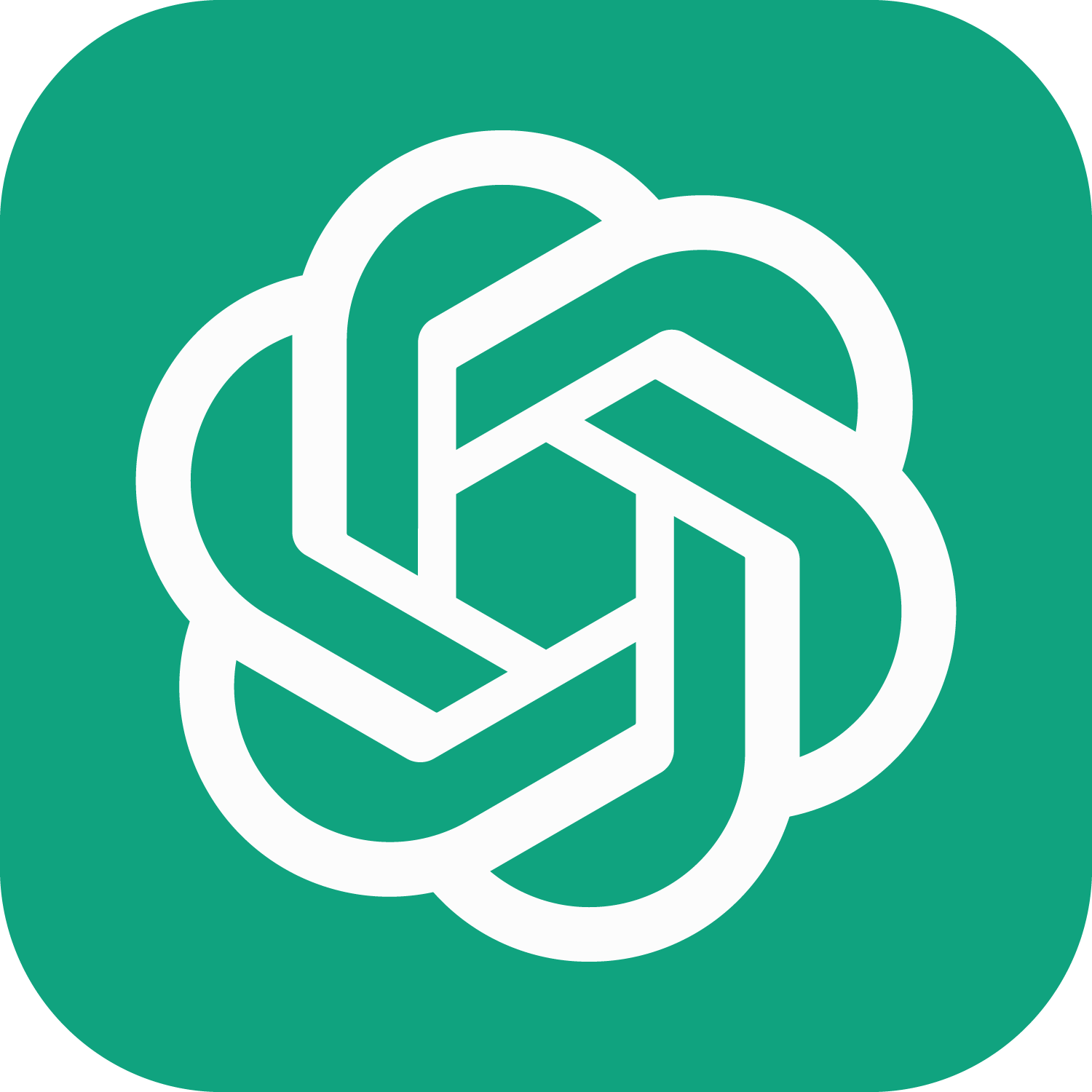Python is one of the most popular and widely used programming languages, and for good reason. It’s a high-level language that’s easy to learn, yet powerful enough to tackle complex problems. Whether you’re a beginner or an experienced developer, learning Python is a smart career move. In Malaysia, the average salary for a Python developer ranges from MYR 5,000 to MYR 20,000 per month. Junior developers can expect to earn on the lower end of this range, while senior developers with several years of experience can earn on the higher end.

In other Asian countries such as India, the average salary for a Python developer ranges from INR 300,000 to INR 1,500,000 per annum. In Singapore, the average salary is SGD 4,000 to SGD 10,000 per month. Meanwhile, in the Philippines, the average salary is PHP 200,000 to PHP 800,000 per annum. Keep in mind that these are just rough estimates, and actual salaries can vary widely based on the aforementioned factors. Additionally, it’s important to note that the demand for Python developers is high, so there is potential for earning higher salaries, especially for those with strong experience and a portfolio of successful projects.
If you’re looking to become a successful Python developer, this guide will help you get there.
Step 1: Master the Basics
The first step in becoming a successful Python developer is to learn the basics of the language. This includes understanding data types, control structures, functions, and modules. You can start by going through online tutorials and taking online courses, such as Codecademy’s Learn Python Track.
Step 2: Get Familiar with Popular Libraries and Frameworks
Python has a vast array of libraries and frameworks that make it an incredibly versatile language. For web development, you should get familiar with Django. For scientific computing, NumPy is a must-know library. For data analysis, Pandas is a great choice. These are just a few examples of the many libraries and frameworks available for Python.
Step 3: Build Projects
Building projects is a great way to demonstrate your skills and gain practical experience. You can start with small projects and gradually move on to more complex projects. This will help you get hands-on experience with Python and its libraries and frameworks.
Step 4: Stay Up-to-Date
The technology world is constantly evolving, and Python is no exception. To become a successful Python developer, you need to stay up-to-date with the latest developments in the language and related technologies. Read blogs, attend conferences and workshops, and participate in online communities.
Step 5: Improve Your Problem-Solving Skills
Developing efficient and effective solutions to real-world problems is a critical skill for a successful Python developer. Improving your problem-solving skills and algorithms is essential to becoming an expert in the field.
Step 6: Collaborate with the Python Community
Collaborating with others in the Python community is a great way to learn from others and contribute your own knowledge. Contribute to open-source projects, participate in coding challenges, and network with other developers.
Step 7: Gain Experience
Gaining experience by working on real-world projects is a key component of becoming a successful Python developer. This can be done through internships, freelancing, or open-source contributions. The more experience you have, the more valuable you’ll become as a developer.
Top Python tools for Developer
Here is a list of tools commonly used by Python developers:
- IDLE: The default Integrated Development Environment (IDE) for Python, included with the Python distribution.
- PyCharm: A popular, full-featured IDE for Python development.
- Visual Studio Code: A lightweight, open-source code editor that supports Python and many other programming languages.
- Jupyter Notebook: An open-source web application that allows you to create and share documents that contain live code, equations, visualizations, and narrative text.
- Anaconda: A distribution of Python and R for data science and machine learning.
- pip: The package manager for Python, used to install and manage Python packages.
- virtualenv: A tool for creating isolated Python environments.
- Flask: A lightweight web framework for Python.
- Django: A high-level web framework for Python, used for developing complex web applications.
- NumPy: A library for numerical computing in Python.
- Pandas: A library for data analysis and manipulation in Python.
- Matplotlib: A plotting library for Python, used for creating static, animated, and interactive visualizations.
- TensorFlow: An open-source software library for machine learning and deep learning.
- Pytest: A testing framework for Python, used for writing and executing tests for your Python code.
These are just a few of the many tools available for Python development. The choice of tools depends on the project requirements and personal preference.
Python Developer Certifications
Yes, certifications can help validate your skills as a Python developer and make you stand out in the job market. Here are some popular Python certifications:
- Certified Associate in Python Programming (PCAP) from the Python Institute
- Python Certification from Microsoft
- Professional Certificate in Python Programming from the University of Michigan
- Python for Data Science from IBM
These certifications test your knowledge of Python programming and its applications, as well as your problem-solving skills and ability to work with data. They can help you demonstrate your expertise and can be a valuable addition to your resume. It’s important to note that while certifications can be beneficial, they are not the only measure of a successful Python developer. Practical experience, portfolio of projects, and ability to collaborate with others are also important factors.
Further readings
Here are some resources that can help you further your knowledge and skills as a Python developer:
- “Python for Data Analysis” by Wes McKinney
- “Automate the Boring Stuff with Python” by Al Sweigart
- “Fluent Python” by Luciano Ramalho
- “Python Tricks: A Buffet of Awesome Python Features” by Dan Bader
- “Effective Python: 90 Specific Ways to Write Better Python” by Brett Slatkin
- “Learning Python, 5th Edition” by Mark Lutz
- “Python Cookbook” by David Beazley and Brian K. Jones
- “The Python Standard Library by Example” by Doug Hellmann
- The Python documentation (https://docs.python.org/3/)
- Real Python (https://realpython.com/), a platform for learning Python and web development.
In addition to books and online resources, attending workshops, conferences, and meetups can also be a great way to learn from experts and network with other Python developers.
Conclusion
Becoming a successful Python developer requires dedication, hard work, and a willingness to continuously learn and grow. By following these steps, you’ll be well on your way to a successful career in the field. Remember, success takes time, so be patient and enjoy the journey.

